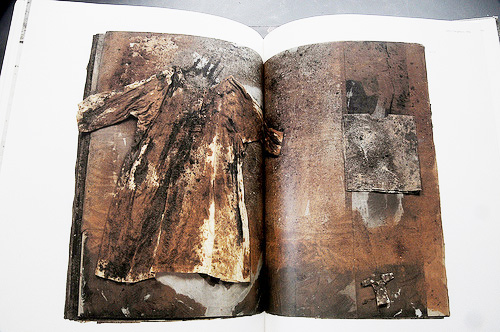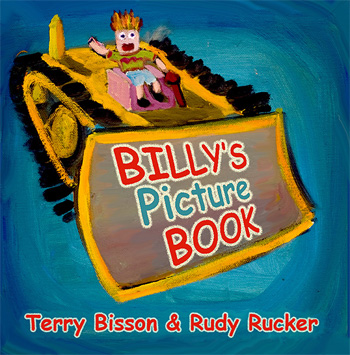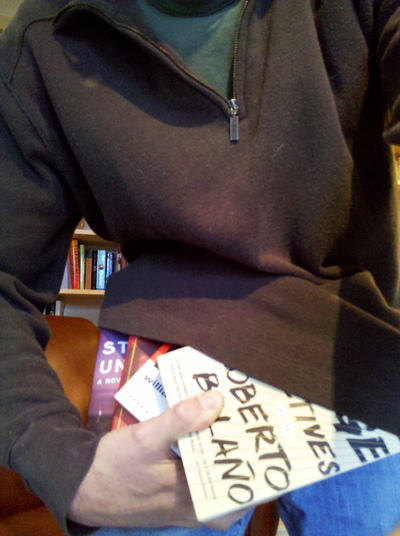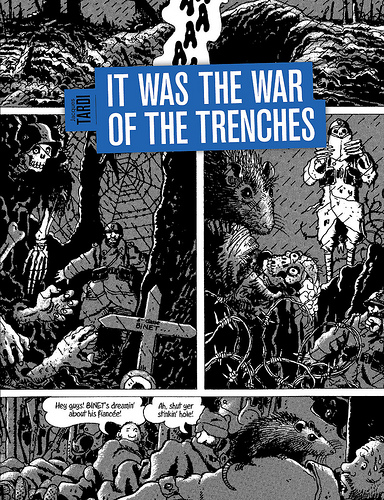 The Art of Memory, a blog that specializes in minimal film, music, literature, poetry and art, has posted a series of images from a rare book called The Books of Anselm Kiefer, 1969-1990. Kiefer has worked on books since the sixties and incorporates many different materials in them, including photography, painting, sand, straw, cloth, and metal. The books are one of a kind artworks and are seldom seen.
The Art of Memory, a blog that specializes in minimal film, music, literature, poetry and art, has posted a series of images from a rare book called The Books of Anselm Kiefer, 1969-1990. Kiefer has worked on books since the sixties and incorporates many different materials in them, including photography, painting, sand, straw, cloth, and metal. The books are one of a kind artworks and are seldom seen.
There is always something fascinating about a book made by the hand of an artist. The problem with seeing books in museums is always the same though: you can only see two pages of any given book. But since most people have no experience with turning a book’s pages, you simply would not want to trust patrons with this responsibility.
One of Kiefer’s main instincts has always been to try to look directly at the horrific history of Germany in the twentieth century. These book pages contain some of his attempts to do so.



